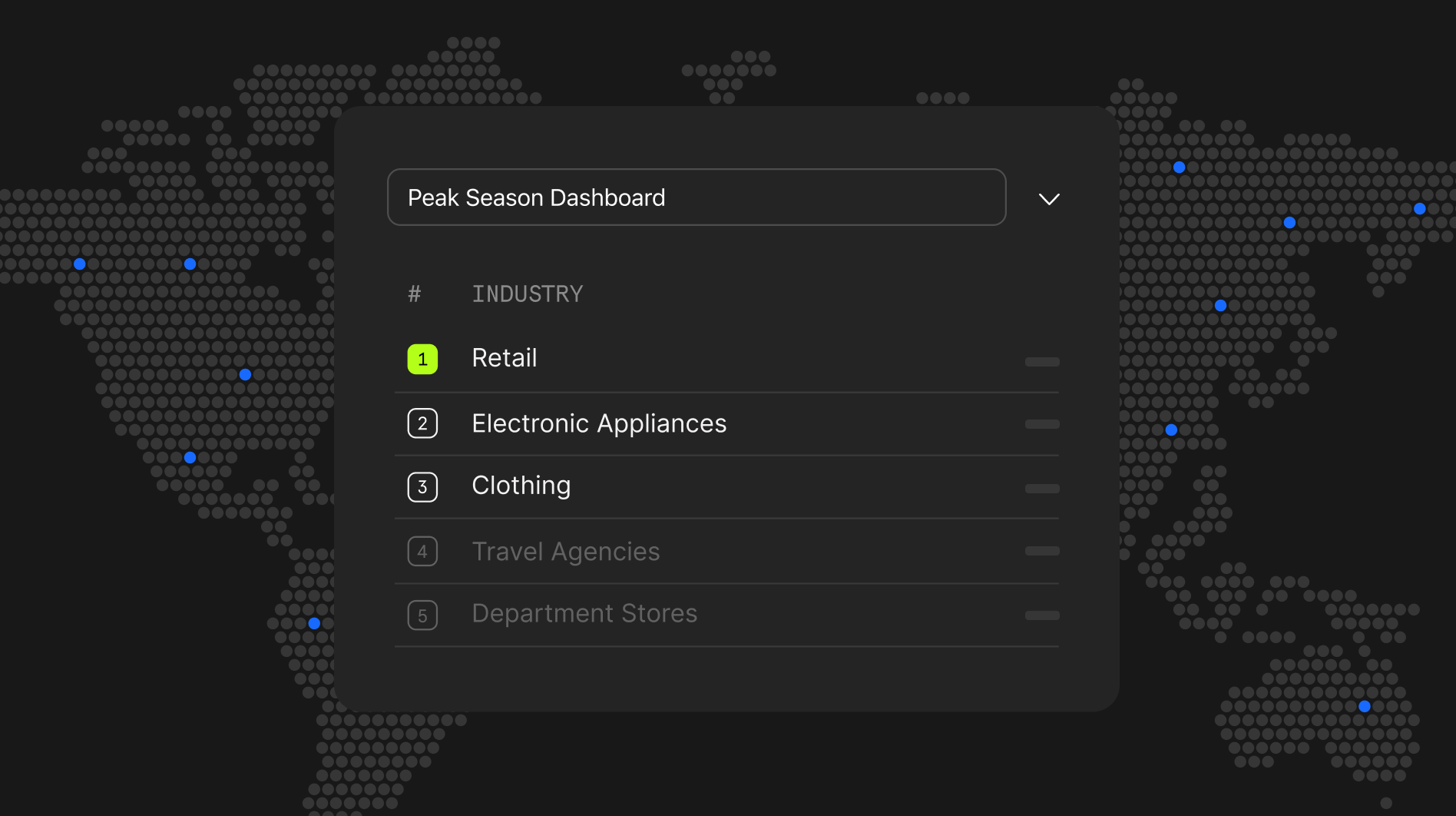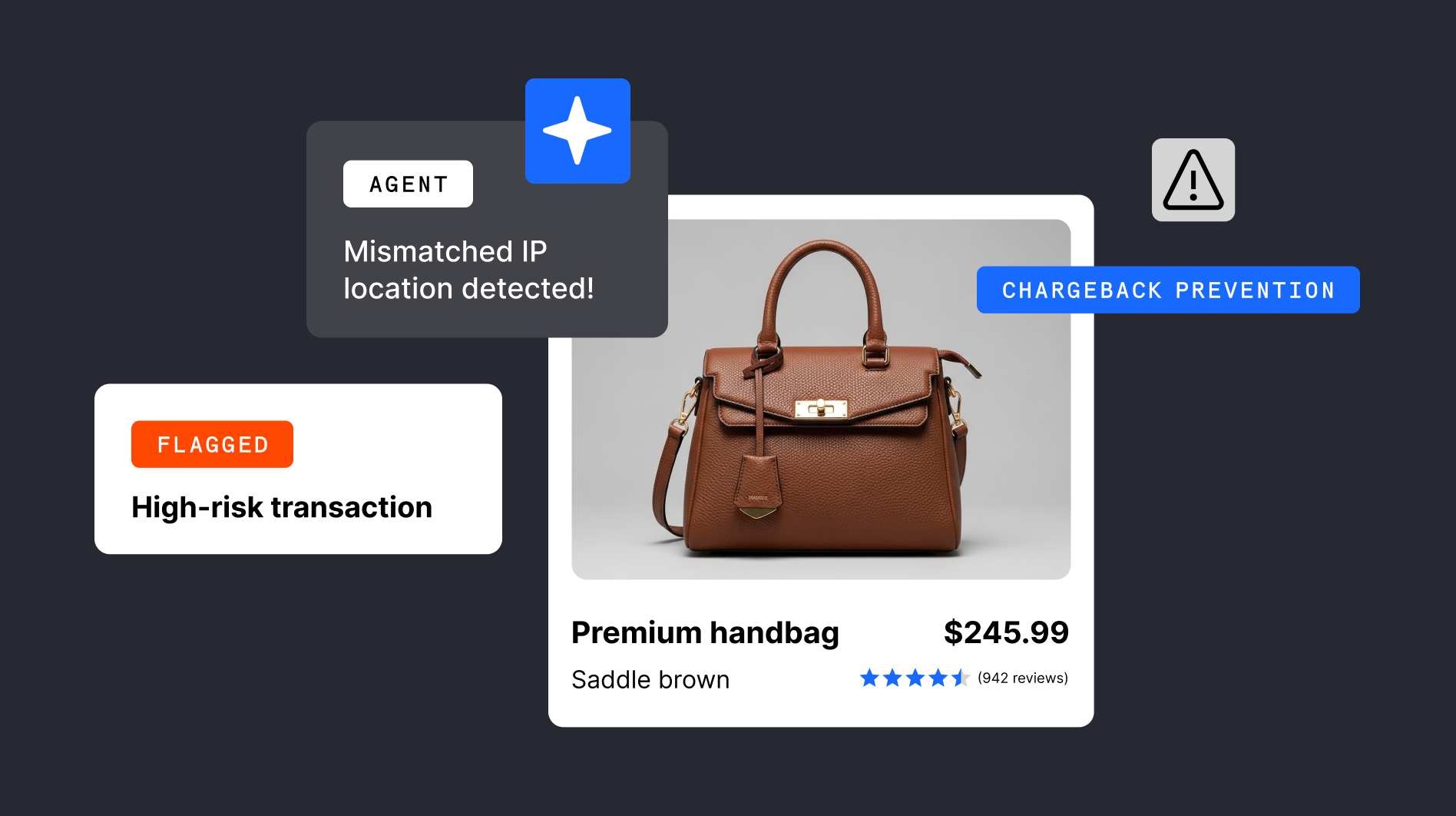A merchant acquirer is a type of bank or financial institution that processes card payments on behalf of businesses.
It’s your merchant acquirer that, once a customer has entered their card details, sends those details on to the card scheme and issuing bank for authorization, and then ensures that the correct customer funds are settled in your business bank account.
As you can see, merchant acquirers are indispensable, and the above description barely scratches the surface of the vital role they play in the online payment process.
In this article, we explain exactly what merchant acquirers are and how they work, how they differ from payment processors and issuers, and how to choose an acquirer that helps your business grow.
What is a merchant acquirer?
Also known as the acquiring bank or merchant bank, the acquirer is a financial institution that handles a merchant’s account so that they can accept credit or debit card payments. Essentially, it is a financial services provider that acts on behalf of merchants.
The acquirer will settle card transactions into a merchant’s account. In some cases, the payment processor and the acquirer are one and the same. Importantly, the acquirer must be licensed by financial regulators and card schemes. Businesses engage the services of a merchant acquirer because the payment process must adhere to strict data protection rules and regulations (such as PCI DSS).
What does a merchant acquirer do?
A merchant acquirer will have a license that permits it to perform certain actions, such as issuing business accounts. A merchant acquirer will also assess fees to the merchant on behalf of the issuers and processors, secure funds from the cardholder’s issuing bank and deposit these into the merchant’s account, and monitor merchant risk and regulations.

What’s the difference between an acquiring bank and an issuing bank?
The main difference between an acquiring bank and an issuing bank is that the former oversees the merchant's account while the latter manages the cardholder's account. Funds from the cardholder's account, held by the issuing bank, are transferred through the payment process to the acquiring bank.
The acquirer is responsible for:
- Receiving payment requests from payment gateways
- Contacting card schemes (such as Visa or Mastercard) to request payment authorization
- Passing the payment success or decline message back to the merchant
- Settling funds – minus fees – into the merchant’s account
The issuer is responsible for:
- Issuing cards (such as credit or debit cards) to customers
- Authenticating cardholder details during transactions
- Checking whether the account holds sufficient funds or credit to complete the payment
- Releasing funds to the acquirer upon successful authorization
Merchant acquirer vs payment processor
The merchant acquirer and payment processor perform two separate functions during a transaction.
After a payment gateway has captured cardholder details to initiate a transaction, it is the processor that acts as the intermediary between the card scheme, issuer, and your acquiring bank.
In other words, the acquirer receives and transmits messages via the payment processor to other entities in the payment chain. The acquirer is then responsible for handling the transfer of funds from the customer’s bank to the merchant’s bank.
However, in some cases, one financial institution can perform the role of both acquirer and payment processor. So, it’s not always a matter of payment processor vs. merchant acquirer, but of which providers offer both.
Who needs a merchant acquirer?
Any business that wants to trade online, via app, telephone, mail or in stores needs an acquirer to process payments and settle funds.
Acquirers connect directly to the card networks and alternative and local payment brands. As a customer makes a transaction, the acquirer will receive a request for authorization, and this information will be forwarded to the issuing bank for approval. Once the transaction is approved, the payment will be deposited into the merchant’s account.
Of course, there’s more to payment than getting paid, so acquirers increasingly provide other value-adding services. For example, these services might be around loyalty, offers and incentives, data analytics, risk management, access to credit and/or working capital and so on.
Read more: Checkout.com boosts Curve’s approval rates and revenue by 10%.
How to choose an acquirer
Although acquirers do the same or similar things in terms of routing payment messages and settling funds, not all are created equal.
Some are stronger in certain markets or regions, while others can process payments globally. Some have developed products and services for specific industries, geographies, or business models. Others offer a general ecommerce or retail proposition, or both.
So, how do businesses choose the right acquirer?
Firstly, ask yourself these questions:
- Are you looking to expand? If so, does the acquirer support those new sales channels, locations, or sectors?
- How will you receive your funds?
- Does the acquirer have transparent fees?
Here are five more in-depth elements to consider.
1. Variety of merchant acquiring services offered
Most acquirers offer a standard package for general retail or ecommerce businesses. However, if you run a subscription business, want to take payments in-app as well as online, or have specific sector or country requirements, ask a prospective acquirer about what’s available for your business. For example, subscription businesses may require an acquirer to support recurring transactions through an API.
Look out for data analysis services such as monitoring and reporting tools. You can use these to maximize your acceptance rates and boost your business performance. The more detailed, the better.
Another important merchant acquiring service to consider is anti-fraud. Fraud is constantly growing in sophistication, so you want an acquirer that’s on top of the latest advances to offer you the best protection. It’s also essential they’re on top of the latest industry updates and changing regulations to ensure compliance.
2. Easy onboarding and integrations
Onboarding should be smooth – acquirers should gather all the necessary documents in a streamlined way, creating as little hassle for your business as possible. The process should be set up to get you accepting payments straight away.
Once onboarded, you must be able to access any integrations seamlessly, such as a hosted payment page. You don’t want any hurdles in the way of smooth payment processing.
3. Broad payment method acceptance
Different customer groups and countries have their own ways of paying. Depending on who you sell to and where, it may be worth considering an acquirer able to offer local or alternative payment methods (APMs) in addition to cards, for example, bank transfers, mobile payments, BNPL, and so on.
Wide-ranging card scheme coverage is also important, so look for acquirers who can offer more than just Visa and Mastercard. Schemes like American Express and Diners Club are also important.
Consider factors such as local merchant acquiring. Your acquirer should cover your main markets as well as those you’re looking to expand into. Local acquiring has lower costs than cross-border acquiring, as well as higher authorization rates.
4. Multi-currency payment acceptance
If you sell online or have physical stores in more than one country, it makes sense to price in local currency. Find out whether a prospective acquirer can enable this, plus how the settlement of sales works. You should be able to process and settle in the majority of your target customers' preferred currencies.
5. Strong merchant acquiring support
Accepting digital payments could help digitalize other aspects of your business: customer loyalty, liquidity, and reconciliation to name but three. Consider the support available from a prospective acquirer, both in terms of products and people. There’s more to payments than getting paid.
For example, does the acquirer send thorough merchant acquirer statements? Statements should be issued every month by your acquirer, detailing your business’s transactions, sales activity, and payment processing fees during that period – and contain important insights to help you understand and optimize your operations.
Or, will you get a dedicated Account Manager to help with customer support when you need it?
Is Checkout.com an acquirer?
Yes, Checkout.com is an end-to-end payments solution that acts as acquirer, payment gateway and processor all in one.
As a merchant, rather than having to deal with multiple entities to facilitate your payments, everything you need is combined in our flexible, full-stack solution.
With Checkout.com, it’s easy to customize your payments setup to your exact needs, resulting in fully optimized operations, faster processing, less downtime, higher acceptance rates and, ultimately, more growth.
Speak to a member of our team to find out how Checkout.com can supercharge your payments.



.jpg)












.png)